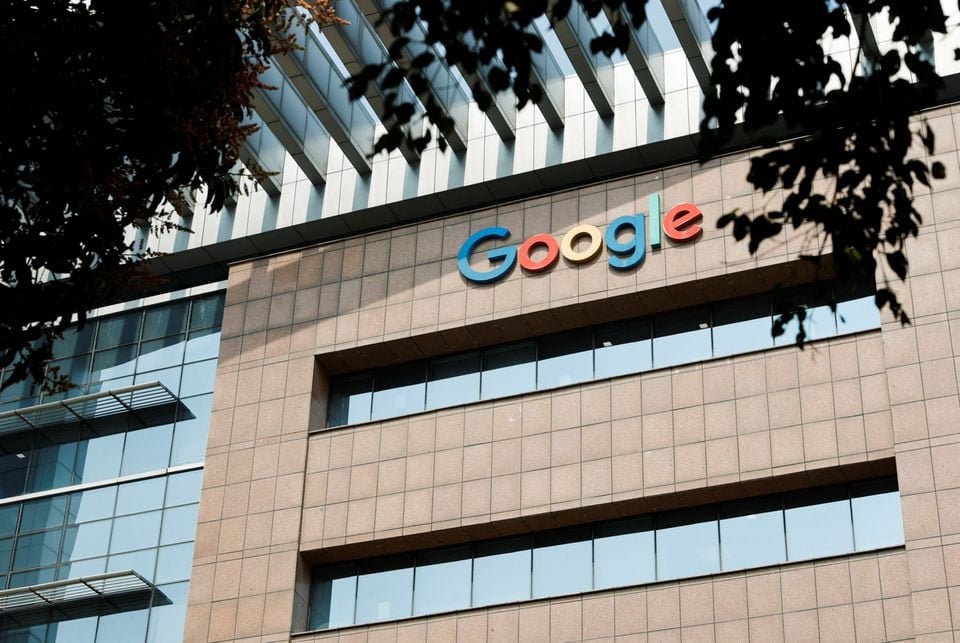A five-year blasphemy case ends with Hindu teacher’s acquittal.
In a dispute over service fee payments in one of the company’s fastest-growing countries, Google began uninstalling the apps of 10 companies in India on Friday. Among these apps are prominent matrimonial apps like Bharat matrimonial and job search tool Naukri.

The in-app fee charges are only one of many tactics that the US giant’s practices that Indian companies have been fighting against for years. Paying this fee, according to Google, helps fund the growth and promotion of the Android and Play Store app ecosystem.
The dating applications Bharat Matrimony, Christian Matrimony, Muslim Matrimony, and Jodii were deleted from Google’s Play Store on Friday, according to Reuters, who spoke with the creator of Matrimony.com (MATI.NS) in India, Murugavel Janakiraman.
He predicted a gloomy day for India’s web.
“One by one, our apps are being removed. This will result in the complete removal of all leading matrimonial services,” he stated.
In India, younger generations are increasingly turning away from parental matchmaking and toward matrimonial applications and websites.
According to Janakiraman, the Bharat Matrimony app from Matrimony.com has been downloaded over 50 million times. Over 40 million consumers are the number that the corporation claims to have.
On Friday, Matrimony.com and Info Edge were notified of Play Store breaches by Google, a division of Alphabet Inc (GOOGL.O) (opens new tab).
Listings in the Google Play Store also indicate that Info Edge’s Naukri, an app for searching jobs, and 99acres, an app for searching real estate, were removed.
Info Edge’s stock plummeted 1.5 percent before reducing losses, and Matrimony.com’s stock lost 2.7% before recovering to conclude the day up 2.2%.
This whole mess started when antitrust officials in India ordered Google to get rid of its 15% to 30% in-app payment scheme, and now some Indian companies are trying to block the company from doing just that. Their charge range is 11% to 26%.
However, two court rulings in January and February, including one by the Supreme Court, essentially gave Google the green light to impose the fee or reject applications.










































